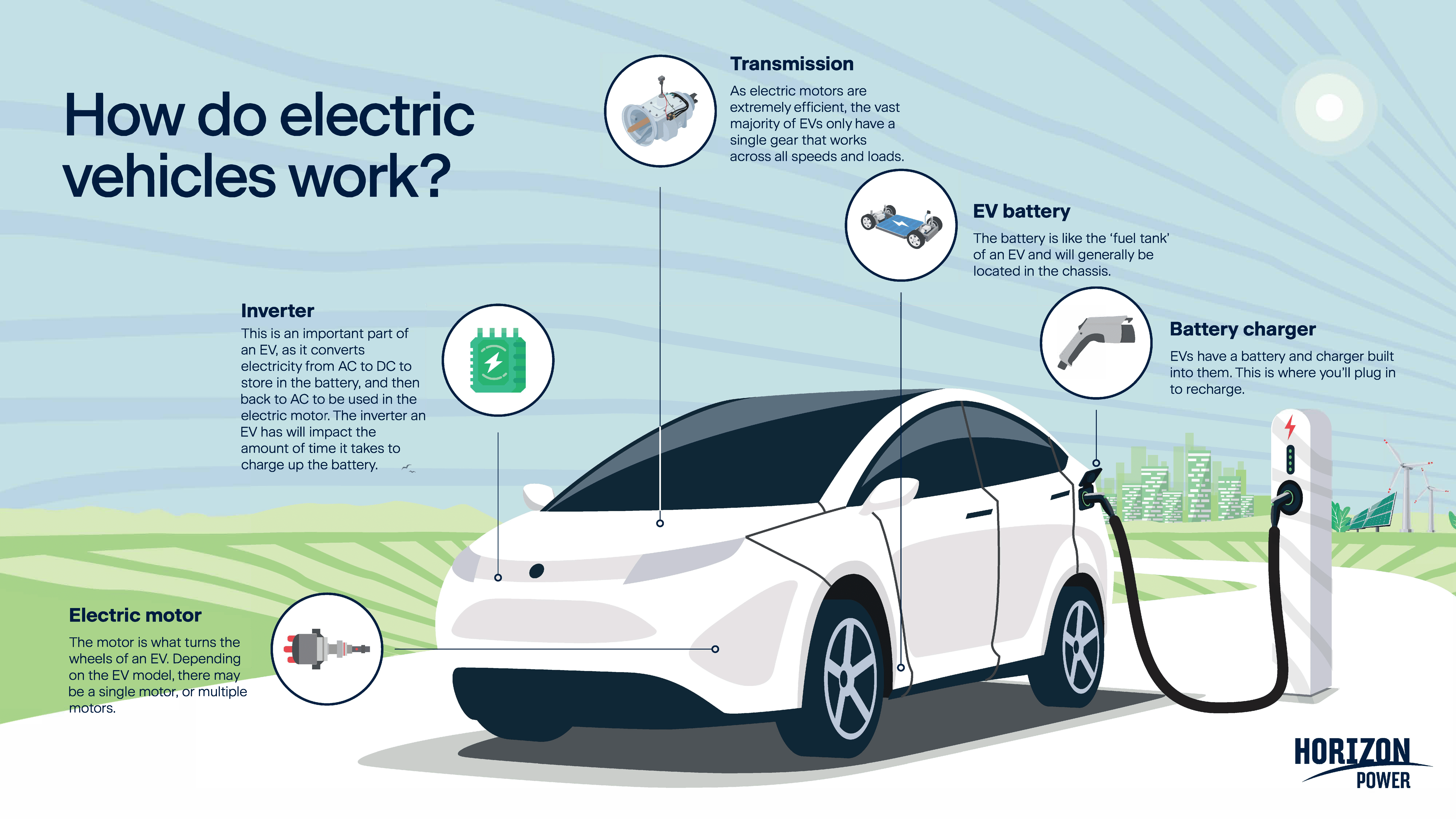
AN “open for business” initiative launched by the Zimbabwean government in 2018 is being supported by the growing demand for electric vehicles (EVs).The Zimbabwe Investment and Development Agency was established in 2020 as a one-stop shop to promote and facilitate both domestic and foreign investment.
According to the UNCTAD World Investment Report 2023, foreign direct investment into Zimbabwe rose 37% from US$250 million in 2021 to US$342m in 2022.Global demand for lithium and platinum for electric cars is being leveraged on by the government.
The country has the world’s second-highest platinum reserves and is Africa’s biggest lithium producer. Zimplats, the country’s biggest platinum producer, is investing US$190m to refurbish a mothballed base metal refinery at Selous outside Harare.
According to the company’s September 2023 quarterly report, the work is progressing well. In September 2022, the government approved a proposal by a group of mainland Chinese investors to establish a US$2,83 billion battery metals park that will process metals that include lithium, platinum and nickel.
The 30-50sq km battery metals park is expected to be complete by the end of 2025, according to company announcements.In November 2023, the government gave lithium miners up to March 2024 to submit plans for the local production of battery-grade lithium, according to Finance minister Mthuli Ncube.
This follows the banning of the export of lithium ore and the introduction of a 5% export tax on concentrates in 2022.Zimbabwe’s incentives to attract foreign direct investment include tax breaks for new investment by foreign and domestic companies and making capital expenditures on new factories, machinery and improvements fully tax deductible.
The government waives import taxes and surtaxes on capital equipment. It has made gradual progress in improving the business environment by reducing regulatory costs, but policy inconsistency and weak institutions have continued to frustrate businesses, according to the US Department of State.“Corruption remains rife and there is little protection of property rights, particularly with respect to agricultural land. “Historically, the government has committed to protect property rights but has also expropriated land without compensation,” it added. — freight news
- Zim looks for investment spark in EV market










